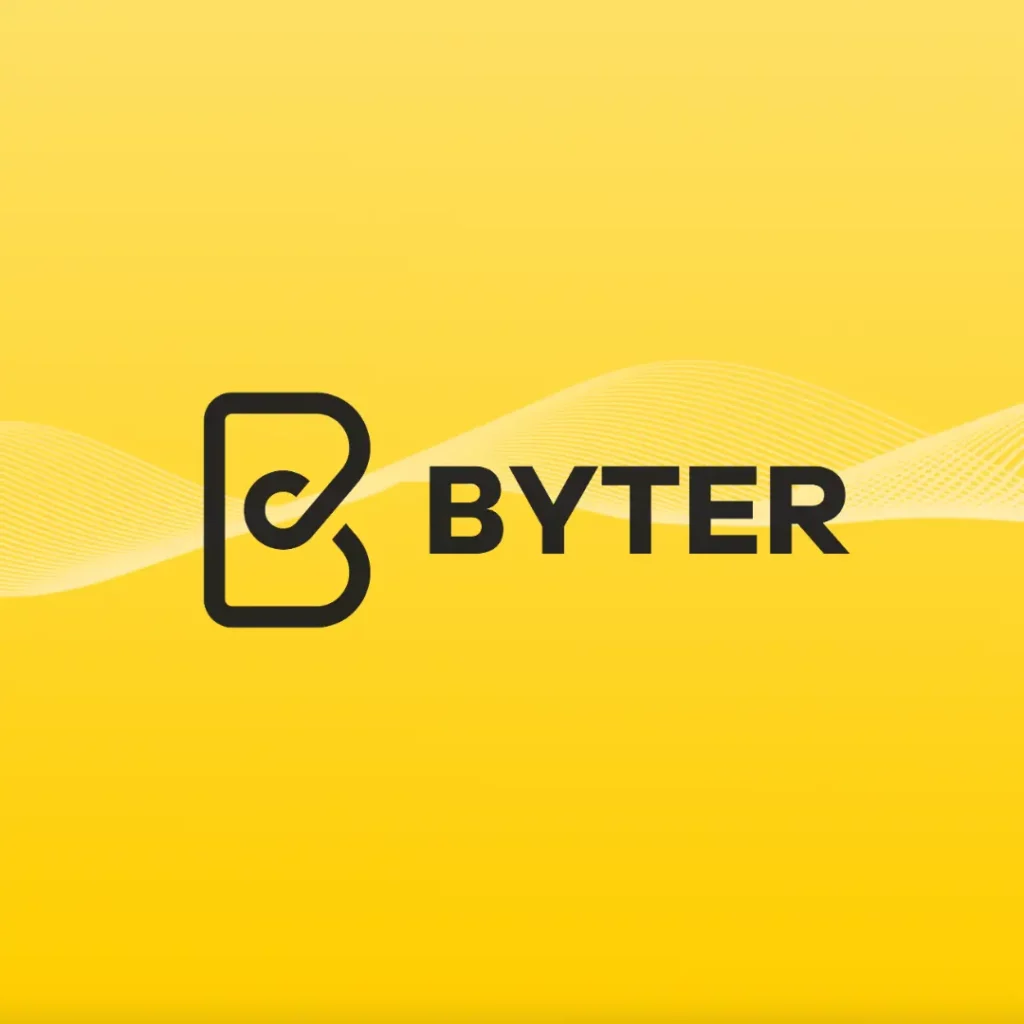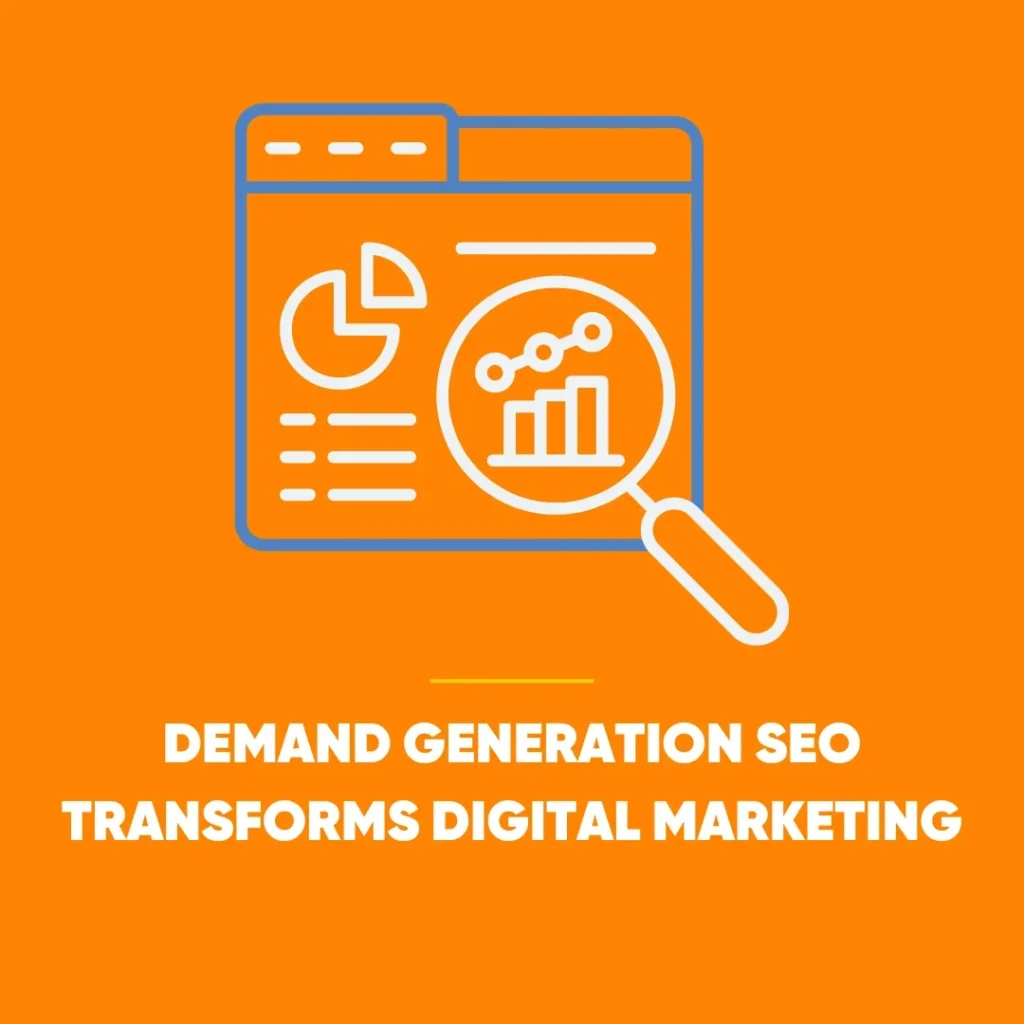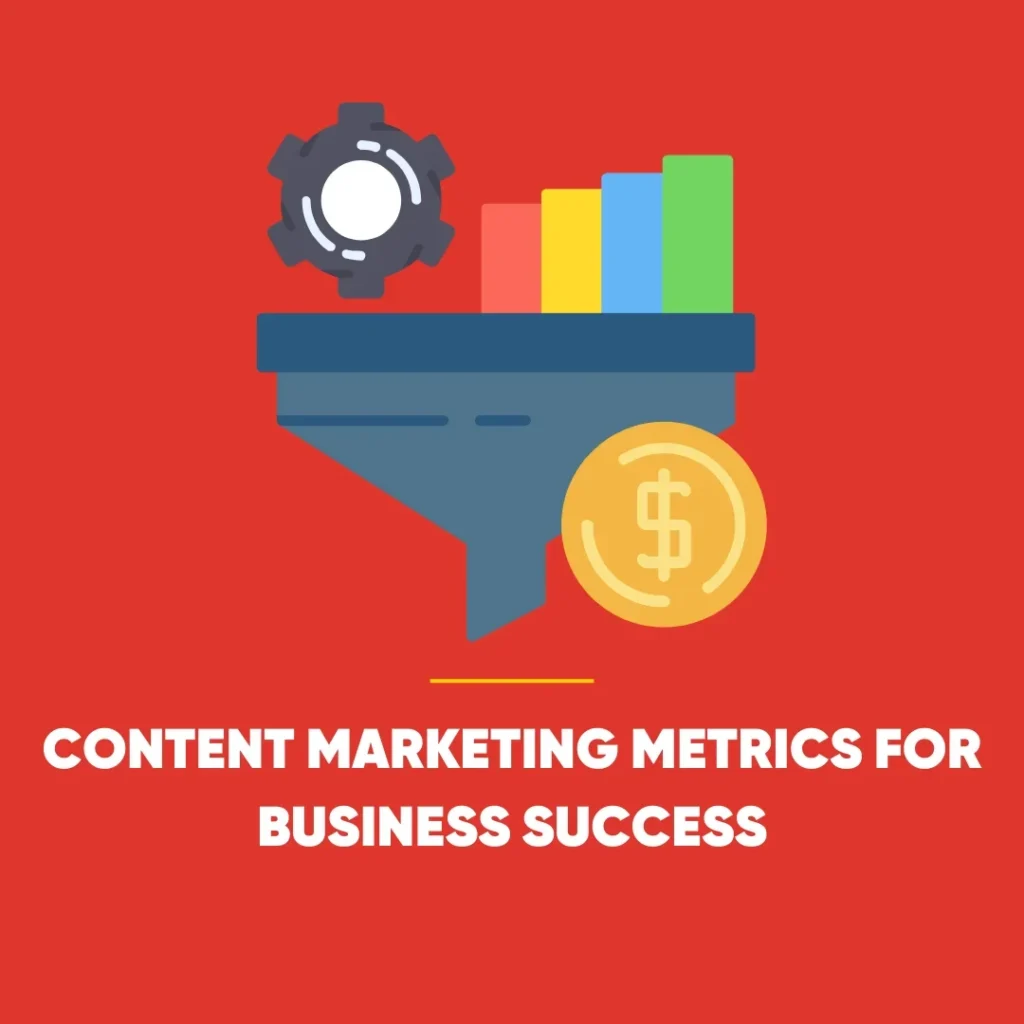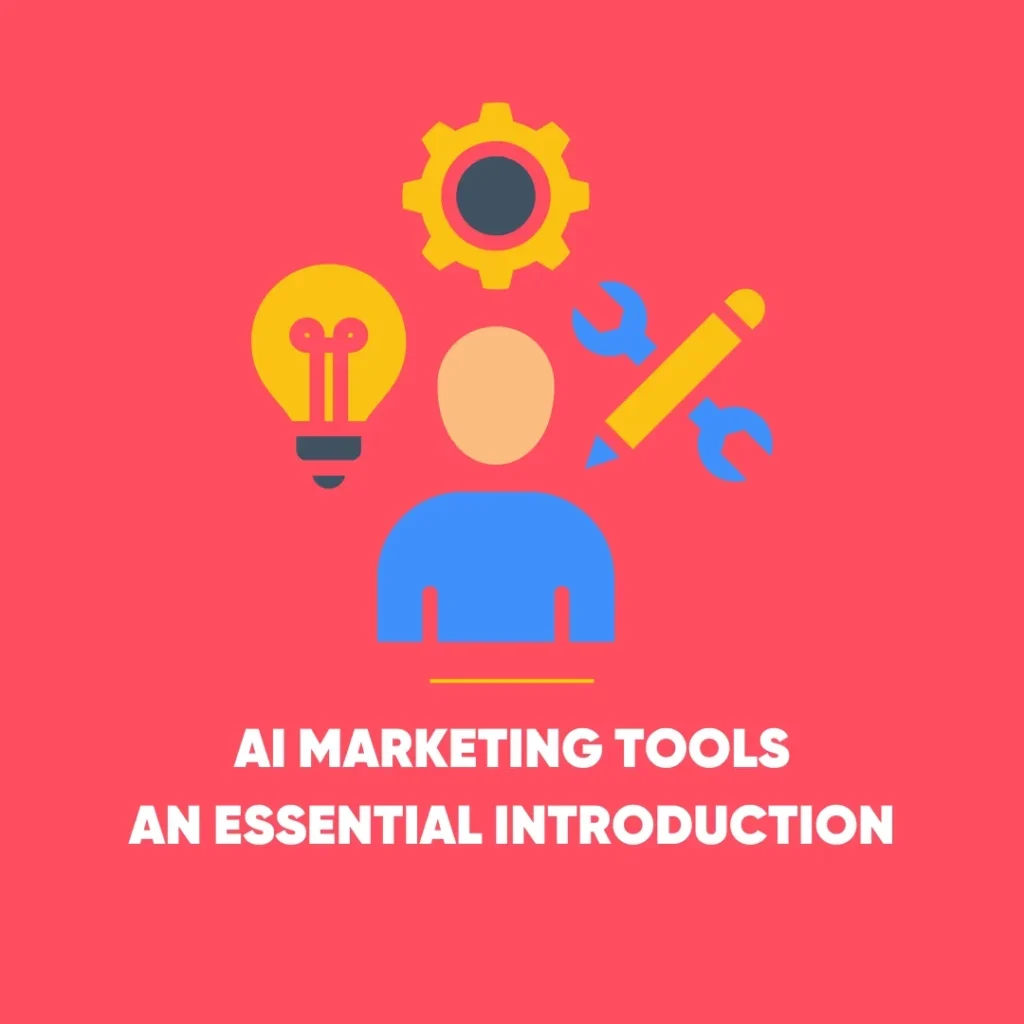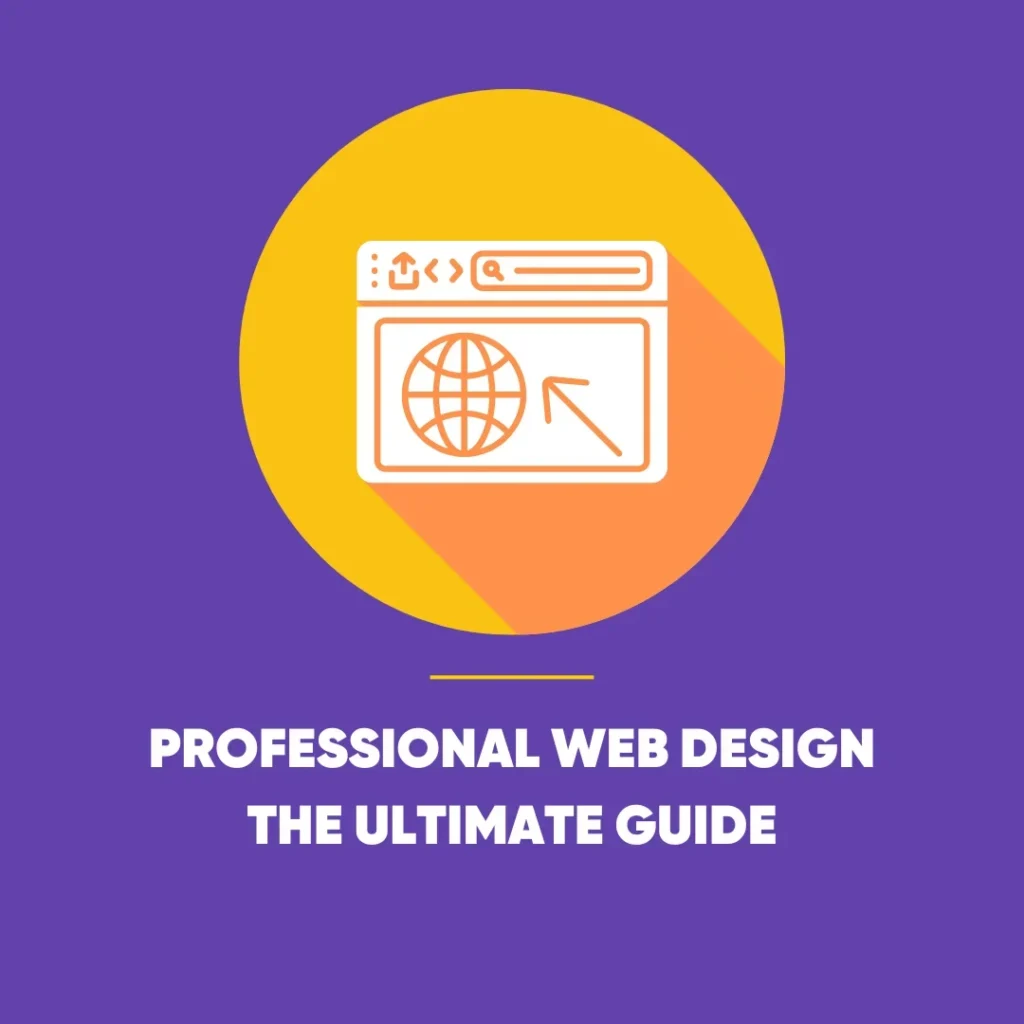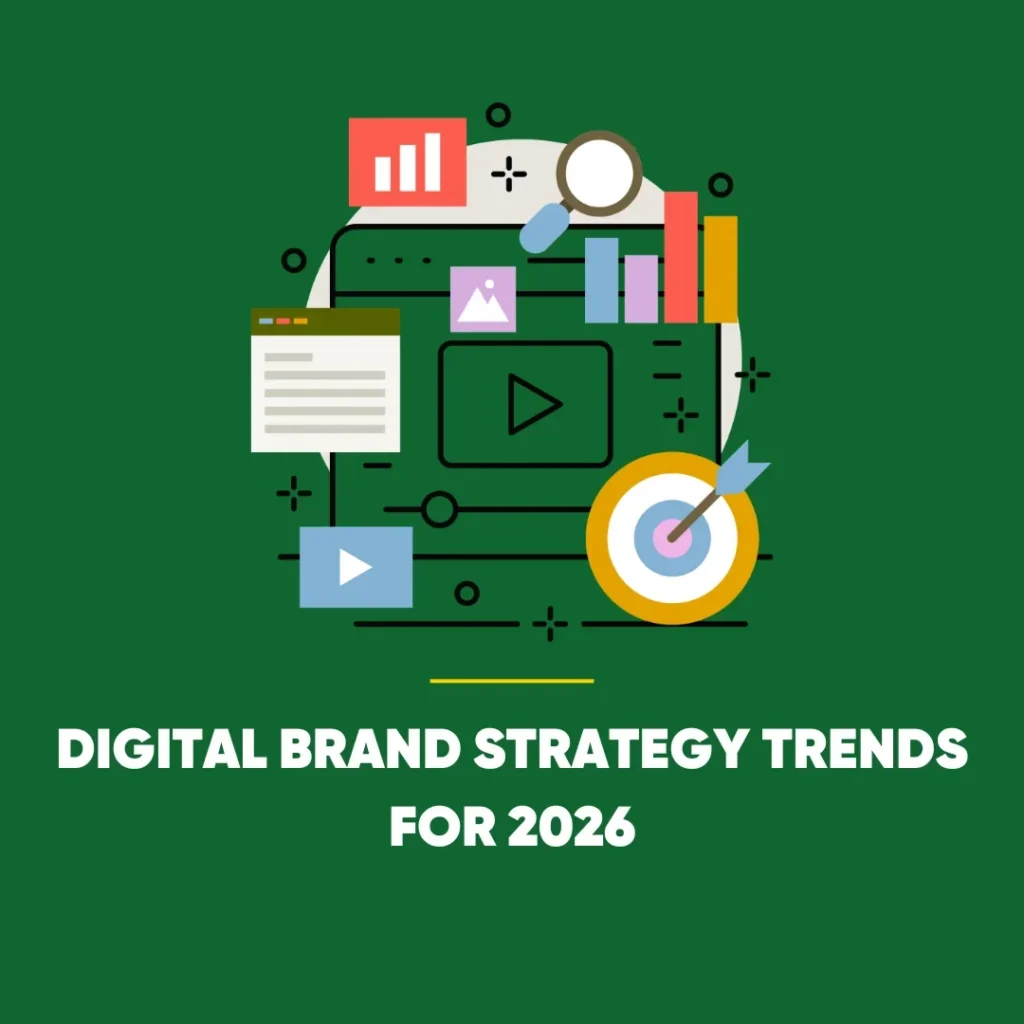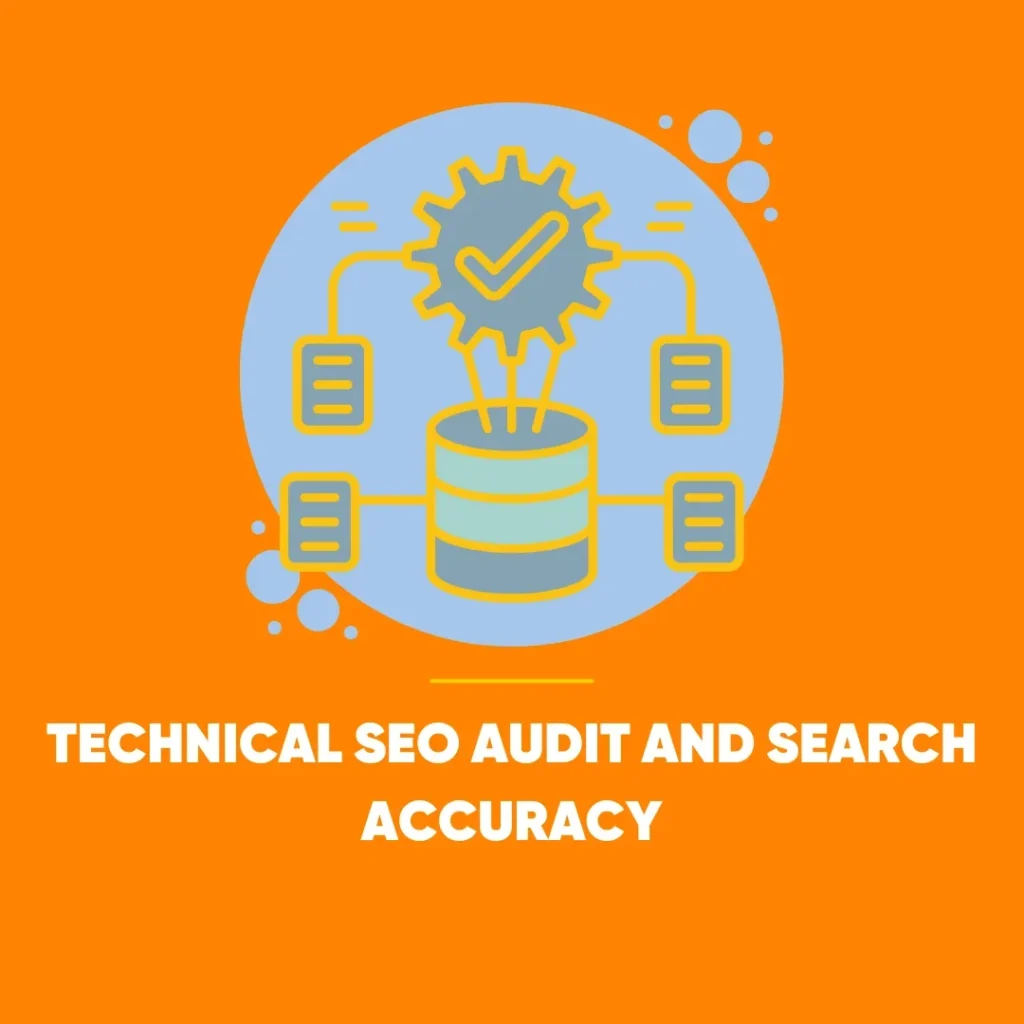AI SEO Strategy: Adapting to the Changing Landscape
The advent of generative AI is revolutionising search, making a strong AI SEO strategy more essential than ever for success. AI-powered search tools such as ChatGPT and Perplexity are rapidly reshaping how users discover and engage with content. For businesses and marketers, this brings a pressing question: how can you ensure your content remains visible in this rapidly evolving digital landscape?
The Rise of Generative AI in Search
A mere two years ago, AI-generated content was a novel concept. Today, however, it has become mainstream, integrated seamlessly into everyday internet use. Search engines now feature AI-generated summaries, such as AI Overviews, often placing them at the top of search results. As major tech companies, including Google, Microsoft, and Meta, pour vast resources into AI development, the impact is being felt across industries.
Despite the billions invested, early results have been mixed. For example, Google’s AI Overviews initially faced challenges with misinformation, while AI-generated responses still lack the reliability of traditional search results. Nonetheless, this presents a unique opportunity for brands to stand out – provided they optimise their content strategy for AI-powered search.
How Generative AI Could Be Impacting Your Traffic
 Is AI content truly “stealing” your traffic? The short answer is, it depends on your industry and the type of content you produce. While AI-powered search is not replacing traditional search engines entirely, it is siphoning off some traffic, particularly in the case of informational content such as how-to guides, definitions, and FAQs. In these instances, users may receive answers directly from AI platforms without ever clicking on your site.
Is AI content truly “stealing” your traffic? The short answer is, it depends on your industry and the type of content you produce. While AI-powered search is not replacing traditional search engines entirely, it is siphoning off some traffic, particularly in the case of informational content such as how-to guides, definitions, and FAQs. In these instances, users may receive answers directly from AI platforms without ever clicking on your site.
Industries most affected by this shift include:
- Informational content (e.g., blogs, knowledge-based resources)
- News publishers
- Review websites
- Educational platforms
If you notice a decline in organic traffic, AI-generated answers might be playing a role. However, this does not mean that all hope is lost. In fact, it may present an opportunity to adapt your content strategy and even use AI-generated answers to boost your brand’s visibility.
Navigating the Impact on Organic Traffic
Generative AI is already influencing search behaviours, particularly in how users conduct informational queries. Now, when users search for quick facts, definitions, or general knowledge, AI tools like ChatGPT often provide them directly with the answer. This shift has brought about changes in key performance indicators (KPIs) for many businesses, especially at the top of the marketing funnel.
Key Observations
- Decreased click-through rates (CTR): With AI summaries offering sufficient information, users may not need to visit external websites.
- Increased competition for top rankings: AI tools typically pull data from the top-ranking pages, meaning only those in the top 10 positions are likely to benefit from AI citations.
- Industry-dependent shifts: Industries like finance, education, and healthcare are more heavily impacted by these changes, while industries driven by transactional or entertainment content are seeing less immediate impact.The advent of generative AI is revolutionising search, making a strong AI SEO strategy more essential than ever for success.
How to Adapt to the Changing Search Landscape
To thrive in this AI-driven environment, it’s crucial to refine your SEO strategy. Here are some practical steps to ensure your content stays relevant and visible:
Enhance Content Depth
To stand out from AI-generated summaries, focus on creating rich, in-depth content that offers valuable insights. AI tools can easily summarise basic information, but they often fall short when it comes to original research, detailed guides, and niche knowledge. Offering proprietary content will increase your chances of being cited in AI answers.
Optimise for AI Citations
Structure your content in a way that AI can reference with ease. AI models, such as ChatGPT, pull data from websites that are easy to interpret and summarise. Make your content as clear, concise, and structured as possible to improve your chances of being included in these AI-generated overviews.
Build and Leverage Brand Authority
Strong brand mentions and authoritative signals play a vital role in AI search. To improve your visibility, focus on building your brand’s authority through high-quality backlinks, media mentions, and expert contributions. AI tools tend to favour well-established brands, so increasing your brand’s recognition can lead to greater exposure.
Practical Steps to Optimise for AI Search: AI SEO Strategy
 1. Rank Within Google’s Top 10
1. Rank Within Google’s Top 10
To have a chance of being cited in AI-generated overviews, your content must already rank in the top 10 search results. AI Overviews typically pull data from well-established sources, so being in the top rankings is essential.
How to achieve this:
- E-E-A-T (Experience, Expertise, Authority, Trustworthiness) is critical. Establish credibility by highlighting expert authors, citing reputable sources, and demonstrating firsthand experience in your niche.
- Target long-tail keywords: These are often less competitive and more likely to align with conversational AI queries.
- Optimise click-through rates: Ensure that your meta descriptions are compelling, encouraging users to click through rather than relying on AI summaries.
- Secure quality backlinks: Gaining backlinks from authoritative sources can help improve your domain authority.
2. Optimise for Conversational Queries
AI-powered tools like ChatGPT often favour content that aligns with conversational search queries. The key is to optimise your content for natural, direct language that mirrors the way users ask questions.
How to do this:
- Use natural, conversational language: Craft your content to reflect how users phrase questions in everyday conversations.
- Provide clear, concise answers: Structure your content with sections, bullet points, and easy-to-digest explanations.
- Implement structured data: Use FAQ schema and other structured data to make it easier for AI to extract relevant information from your site.
3. Emphasise Brand Mentions Over Backlinks
AI models are beginning to prioritise brand authority, making an effective AI SEO strategy more important than ever before. While backlinks are still valuable, brand mentions in reputable sources are becoming increasingly important.
How to achieve this:
- Get featured in news outlets and industry blogs to boost your brand’s visibility.
- Encourage discussions about your brand on social media and forums like Reddit and Quora.
- Use PR strategies to secure earned media coverage, reinforcing your brand’s reputation.
4. Focus on Creating Unique Content
AI excels at regurgitating well-known information but struggles with original insights and unique data. By offering fresh perspectives and research, you increase your chances of standing out.
How to do this:
- Publish original research or case studies that provide fresh, data-driven insights.
- Leverage user-generated content (UGC) from community discussions and real-world experiences.
- Experiment with interactive content, such as quizzes or calculators, which AI tools may find harder to summarise.
5. Use AI to Boost Efficiency, Not to Replace Humans
AI can be an incredibly efficient tool, but over-reliance on AI-generated content is risky. Google’s March 2024 update cracked down on AI-generated spam, emphasising the importance of a human layer of expertise.
How to use AI responsibly:
- Use AI for content ideation, but always refine and personalise the output to maintain quality and uniqueness.
- Have human editors review and refine AI-generated content to ensure it aligns with your brand voice and is free from errors.
- Focus on quality over quantity, avoiding the temptation to produce large amounts of low-value content.
Leveraging AI for Efficiencies in SEO Strategy
 Beyond content creation, AI tools can streamline various aspects of SEO strategy. Here’s how AI can enhance your SEO efforts:
Beyond content creation, AI tools can streamline various aspects of SEO strategy. Here’s how AI can enhance your SEO efforts:
AI-Powered Keyword Research
AI can help identify long-tail keyword opportunities, predict search trends, and generate content ideas based on user intent.
Content Optimisation
AI tools can assist with drafting content outlines, suggesting internal linking opportunities, and improving existing content for better engagement.
Technical SEO and Automation
AI can automate site audits, enhance schema markup, and monitor real-time search rankings, making technical SEO tasks more efficient.
Competitor Analysis
AI tools can analyse competitors’ backlink profiles, identify content gaps, and track emerging trends, providing valuable insights into market dynamics.
Should You Block AI from Crawling Your Content? – AI SEO Strategy
Some websites choose to block AI bots from scraping their content, but this may not always be the best decision. Blocking AI makes sense if your content is behind a paywall or if AI-driven traffic undermines your business model. However, if you want your brand to be cited in AI-generated summaries, blocking AI bots could limit your visibility.
If you choose to block AI crawlers, you can update your robots.txt file. For example:
- makefile
- User-agent: GPTBot
- Disallow: /
However, be mindful that if AI can’t cite you, it will likely cite someone else.
What’s Next for AI and SEO?
As AI-driven search engines evolve, implementing a robust AI SEO strategy is key to thriving in dynamic user experiences. These engines will combine AI insights with real-time data retrieval and enhanced content personalisation, making SEO even more competitive.
To stay ahead, brands must experiment with AI-driven search tools and optimise for these new search interfaces. While core SEO principles like content quality, authority, and user engagement will remain critical, adapting to these changes will be essential for continued success in the AI-powered future.
Overall, by embracing AI and optimising for its integration into search, businesses can unlock new opportunities for visibility and engagement. The future of search is here, and those who adapt early will lead the way.

